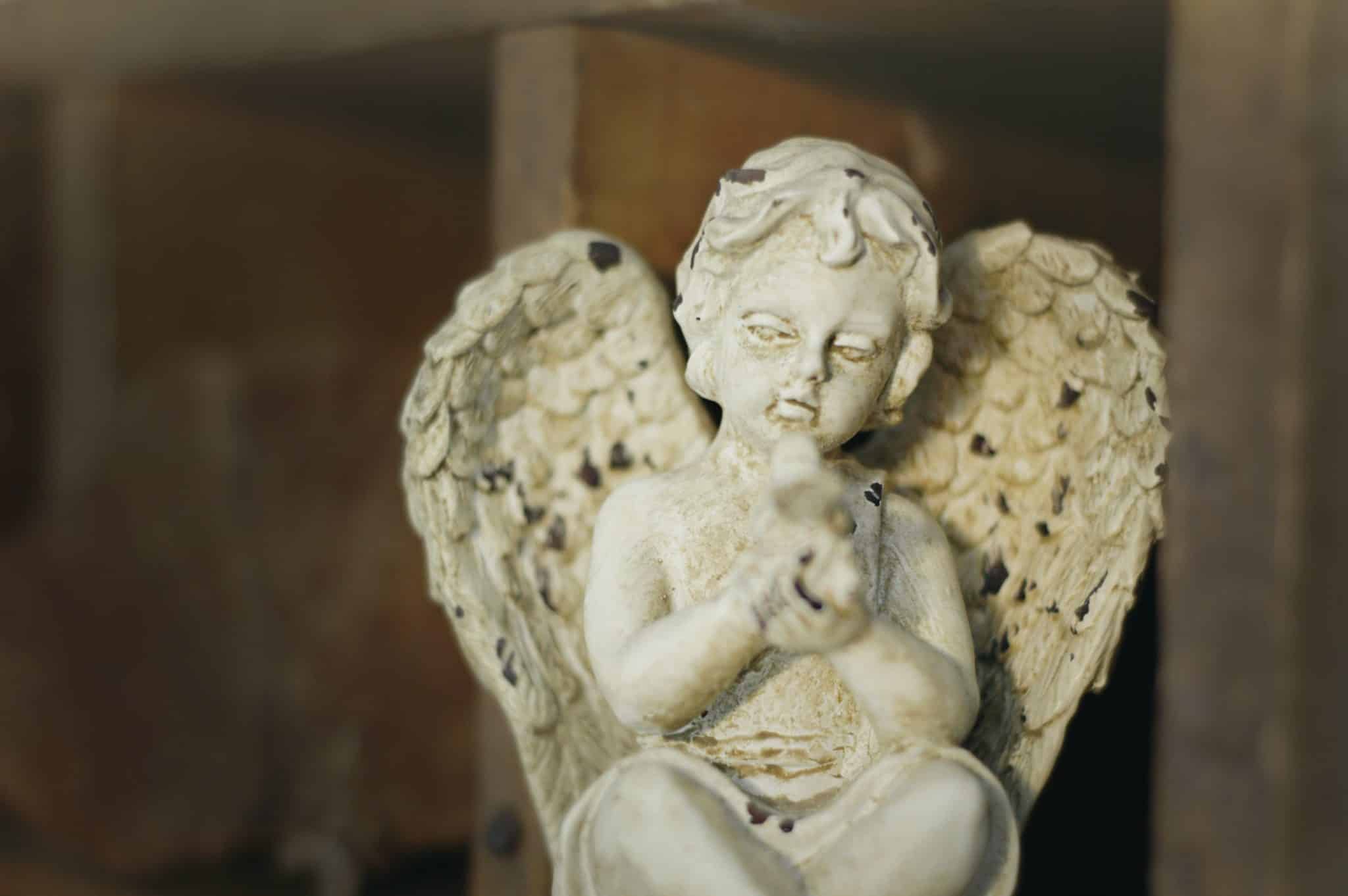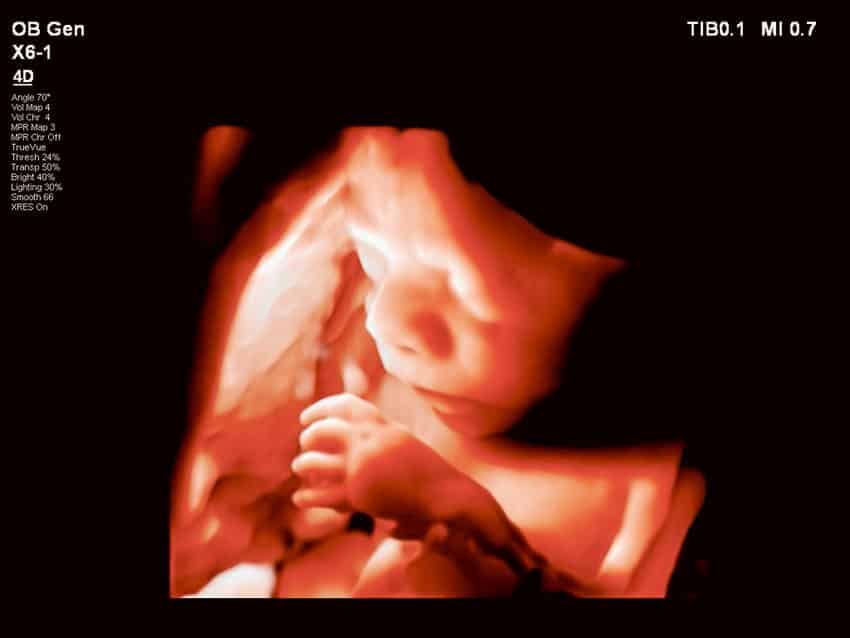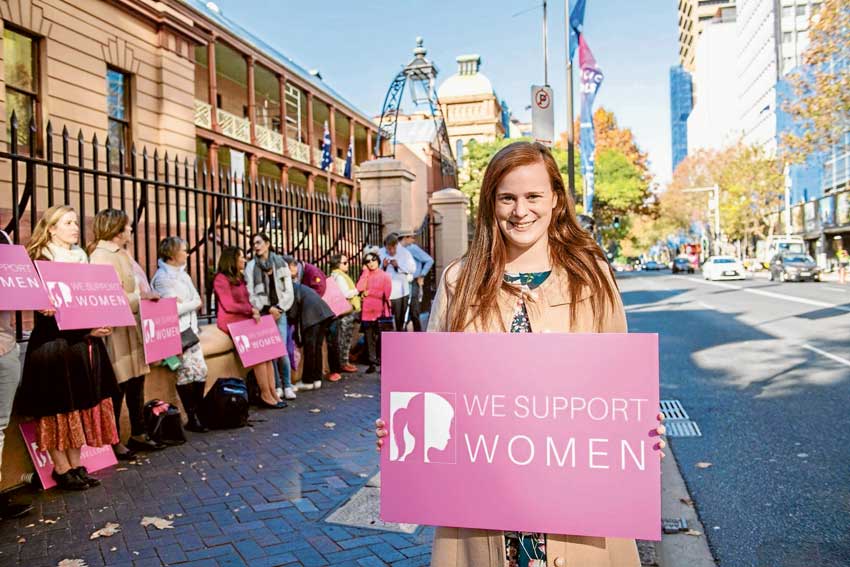
It’s called Zoe’s Law, but it’s not really Zoe’s law.
The driver was charged with grievous bodily harm against Brodie, and not with the death of Zoe, because Zoe was not recognised as a separate human person to her mother.
Zoe’s mum, Brodie, said that her other injuries healed, but Zoe didn’t come back, so it wasn’t right to just lump her in with all the other ‘injuries’.
To be blunt, its progress through parliament has continuously been stymied by anti-life MPs and lobbyists who were afraid that recognising Zoe as a human being would threaten abortion rights, which they evidently deem more precious than the life of a child.
The Catholic Weekly recently reported that a new draft of Zoe’s Law has been released for public consultation. Only it’s not Zoe’s Law. The whole purpose of Zoe’s Law is to recognise the killing of an unborn child as a separate crime, instead of as an act of grievous bodily harm against the mother, which is how the child’s death is currently seen.
The draft bill does not recognise the child as separate but considers the death of a child to be a “circumstance of aggravation” of a crime against a pregnant woman. Under this law, if you assault a pregnant woman and her baby doesn’t die, you could be charged with assault, but if the baby does die, you could be charged with “aggravated assault.” It still doesn’t recognise the child.

It’s not Zoe’s Law. You don’t have to take my word for it, take the word of Zoe’s mum, Brodie, who last week spoke out against this bill as being inadequate.
She said that her other injuries healed, but Zoe didn’t come back, so it wasn’t right to just lump her in with all the other ‘injuries.’ If the bill doesn’t do what was originally intended, what does it do?
The bill does four things: it increases the maximum penalty for any crime committed against a pregnant woman that results in the death of a child by three years; it allows family members of the pregnant woman to provide victim impact statements to the court; it allows for the baby to be named in the indictment (or “foetus,” as the bill callously puts it); and it allows some payments to be made for funeral expenses for the baby.
That’s it. It doesn’t do anything else. It’s not Zoe’s Law.
There is one aspect, though, that might be seen as an improvement on previous versions of Zoe’s Law: the bill no longer contains a minimum gestational age.

Previously, it was suggested that a person could not be charged with a crime unless the child had reached 20 weeks’ gestation. This age requirement divided the pro-life community.
Some thought that including a minimum age weakened the pro-life stance, which is that life begins from the moment of conception and should be protected from that point, while others believed the recognition of any unborn life as a separate human life in law was an important sign against New South Wales’ abortion laws, which are amongst the most permissive in the world.
It is estimated that around 20 per cent of confirmed pregnancies result in miscarriage before 20 weeks (many more miscarriages occur before the woman even knows she’s pregnant).
Imagine making a mother prove that it was the offence against her that caused her child’s death. Imagine requiring her to go through all types of medical tests to see if she had a risk factor that could be useful to the defence.
Imagine having her cross-examined about how many cups of coffee she drank during pregnancy. Basically, imagine trying to blame a grieving mother for the death of her unborn child. The potential to inflict more pain on a grieving mother is a significant flaw in this bill.
